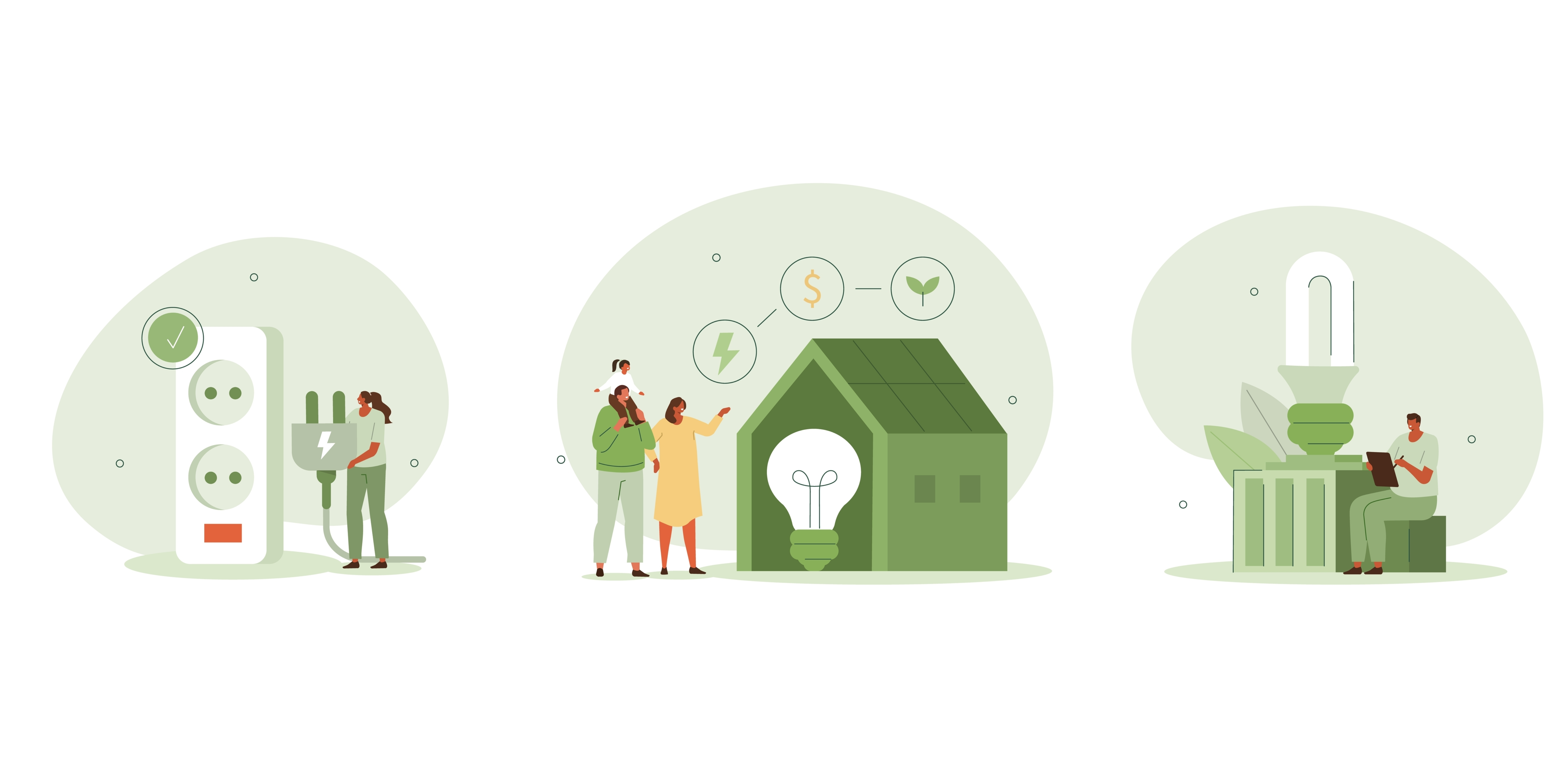Sustainability as a priority in the home of GENERATION Z
Sustainability awareness, along with the use of technology, is one of the most distinctive features of Generation Z compared to previous generations. However, the feasibility of incorporating this philosophy into daily life depends to a large extent on the economic possibilities of each individual.
In this sense, it is necessary to highlight that, beyond the environmental aspects, to achieve a sustainable home there are alternatives that are affordable for young Z or centennials, such as the choice of local products, multiple options for recycling, the purchase of sustainable products… that define a sustainable and unique lifestyle.
The report “Hogar Z: La vivienda del futuro de la generación Z en España”, prepared by the Silestone Institute offers a glimpse of the preferences of young Z’s for their home of the future. To compile the report, a survey was carried out among 800 young people between the ages of 18 and 25 and interviews were conducted with 11 professionals from the worlds of design, architecture, sociology, technology, ecology, cooking and anthropology. Below are some conclusions that reflect the preferences of young Zs regarding their vision of a sustainable home.
Sustainability: a key element for the home of the future
According to the report, 70% of young Zs consider sustainability as a priority factor in their future homes. Experts, meanwhile, argue that while young people value sustainability, it is essential to incorporate the economic factor to make a real impact on homes.
A more detailed analysis of the survey of centennials on the sustainable home reveals significant regional differences, with young people in the Barcelona metropolitan area giving more importance to sustainability (81.4%), while those in the Northeast (56%) and Canary Islands (61.1%) regions show less concern for this issue.
The evolution of sustainability as a value
According to anthropologist Pedro Tomé, a participant in the report, “The call for sustainability will be unstoppable among younger people, because it is becoming a solid value. However, sustainability as a value is abandoning the more social aspects and focusing exclusively on environmental ones, which in the long run would not be very ‘sustainable’. One example is the emergence of new materials, which should not imply unbridled exploitation of the natural. It is incomprehensible how houses whose construction has required exploitation of the natural or the social are called ‘sustainable’.”
Choice of materials in the future of young people Z
One aspect directly related to sustainability in the home is the choice of materials for young people’s future homes. Centennials consider factors such as the natural origin of materials, their value chain, quality and the role of recycling. 61.5% of young people opt for new materials, 22.5% for recycled materials, and the remaining 16% for second-hand materials.
There are no significant differences between men and women in this choice, although women show a slight preference for integrating recycled and second-hand materials.
Promising prospects for a sustainable home
Most of the experts consulted in the report are convinced that sustainability will become a determining factor in the homes of the future. They recognise, however, that the economic situation will slow down the process and will be a crucial factor in its ultimate consolidation.
